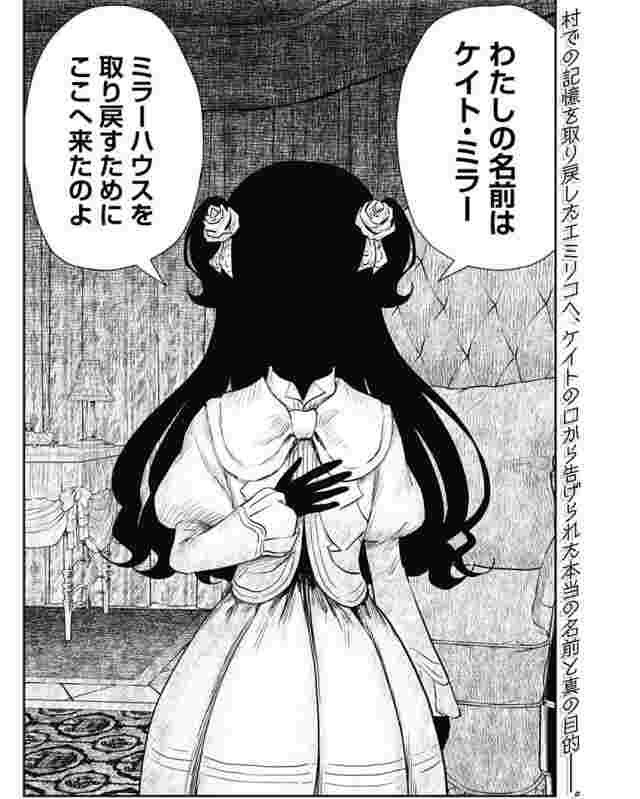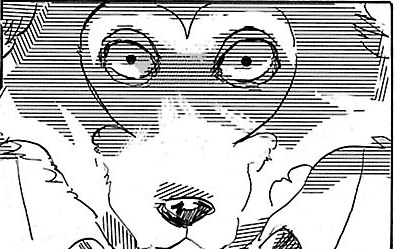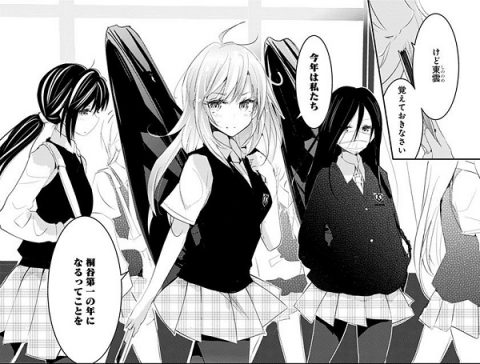The word "oshi," which also appears in the title of this work, has been used for a long time, dating back to Onyanko Club, but many people probably first learned about it through AKB. Did you know that there are many different types of "oshi"? While this is common knowledge for those who already love idols, for those who are learning about idol fandom through "Oshi Budo," it's a whole new world. So, in this article, we'll introduce various types of "oshi."
What exactly is "oshi"?
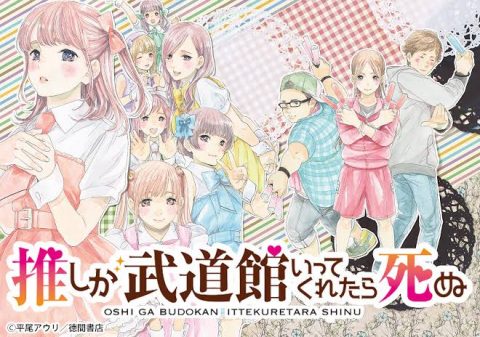
First, before introducing the different types of "oshi," let's briefly explain what "oshi" means for complete idol novices. The word "oshi" is an abbreviation of "oshimen" (favorite member). (Oshimen itself is also an abbreviation of "oshi member.") Furthermore, "oshimen" is an abbreviation of "ichioshi no membera" (your favorite member). So, you can think of "oshi" as "your favorite member."
"Oshi" is not the same as "love"
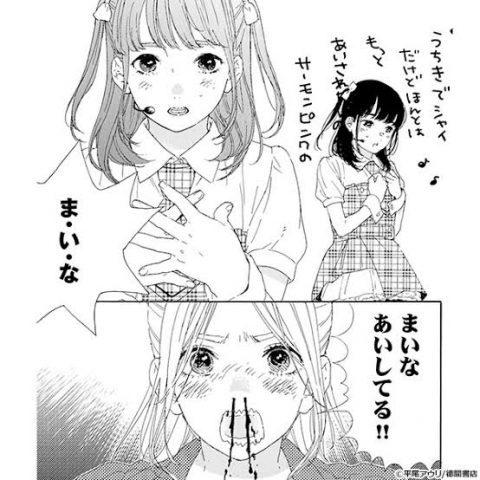
Idol fans truly love their "oshi." While they do love their "oshi," it's a slightly different emotion than romantic love. Fans often feel a desire for their "oshi" to be happy while also loving them. Kumasa, who is devoted to Leo, also loves Leo, but he doesn't want to date him as the opposite sex. He supports Leo every day with the desire to support him and make him number one. Others may feel similar to falling in love with a 2D character, knowing they're "out of reach."
Some people are "real-life lovers" who want to find love through this game.
Unlike typical idols, "real-life lovers" are people who hope to date or marry their favorite character in the future. As the name suggests, these fans are in "real love," and are sometimes viewed with a bit of coldness by average fans. In this game, Motoi appears as a "real-life lover" of Sorane.
Supporting Only One Member: "Tanoshi"
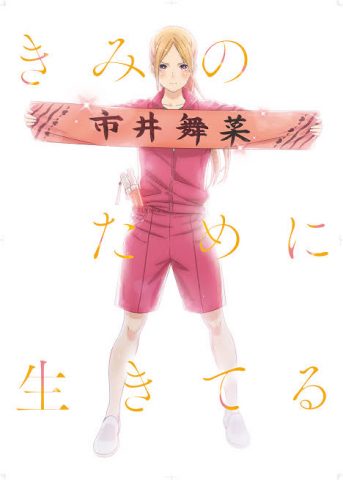
First up is "Tanoshi," a term used to describe someone who supports only one member, without paying any attention to the other members, rather than the entire idol group! In this work, Eripyo and Kumasa are examples of this type of "Tanoshi." While Kumasa is still devoted to Reo, she does have some interest in the other members, but Eripyo is a pretty extreme type of "Tanoshi" who only has eyes for Maina.
"Kamioshi" and "Gekioshi" are terms used to refer to a single idol you're devoted to.

"Kamioshi" and "Gekioshi" are similar in meaning to "Tanoshi," which refers to a single idol you're devoted to. At first glance, the word "Kamioshi" may seem stronger than "Tanoshi," but "Kamioshi" refers to an idol group with multiple idols, and the one you devoted to is the one you treat as exceptionally special. Therefore, in terms of "single-mindedness," "Tanoshi" is more pronounced. In the story, Motoi calls himself a "single oshi" of Sorane, but he also has an interest in Yuka, so "god oshi" might be closer to that.
"Nioshi" Used When There Are Multiple Oshi
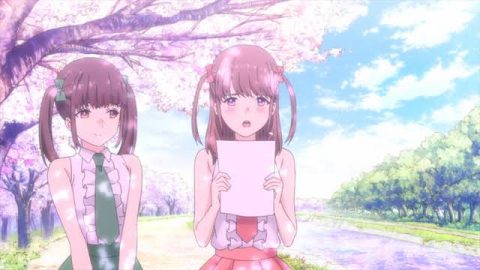
As mentioned above, the word "oshi" is an abbreviation of "ichioshi" (first choice), but many idol fans like multiple members, and the second-favorite member is called "nioshi." As mentioned earlier, "Gekioshi" (super-oshi) is ranked second to "Kamioshi" (god-oshi), so "Gekioshi" and "Niooshi" have very similar meanings. While it's not against the rules, if your main idol finds out, you might get in trouble...
Supporting the Same Idol: Overlapping Favorites
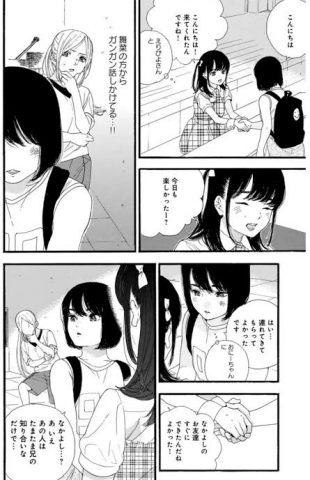
"Overlapping favorites" refers to when someone else also supports the same idol you support. In this work, the only person who "overlaps" with Eripyo is Moto's younger sister, Rena. Until now, most fans have been afraid of Eripyo, who only supports Maina, and have therefore not made their fandom public, so for Eripyo, Rena will essentially be her first "overlapping favorite." While fanatical fans who share the same favorite can sometimes become rivals, Eripyo has mixed feelings about this, but she is happy that one of the few Maina fans has appeared and is trying to become friends with Rena.
Supporting an entire idol group: "box oshi" and "mae oshi"
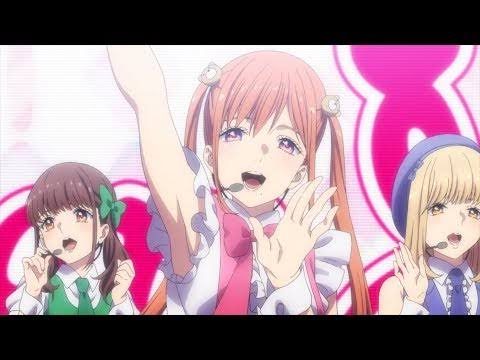
Unlike "tan oshi" and "kami oshi," "box oshi" refers to supporting an entire idol group. This term applies to people who don't support a specific member, but rather enjoy seeing all the members perform together. However, "box oshi" doesn't mean you like a variety of idols. The term "box oshi" is used only when you only support a specific idol group (in this case, Cham Jam).
Changing Your Favorite Member: "Oshihen"
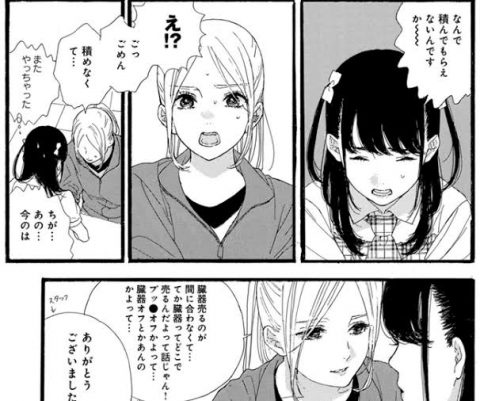
People who support idol groups sometimes change their "oshihen" one day. This can be due to a member's scandal, the addition of a new member, or just for some reason... A "oshihen" can happen suddenly, and for a variety of reasons. This is a very frightening act for idols, and when Eripyo suffered a serious injury and was no longer able to support Maina, rumors spread that she had switched to Aya, causing Maina to panic. (Of course, Eripyo didn't change her favorite idol.)
"DD" isn't exactly welcome
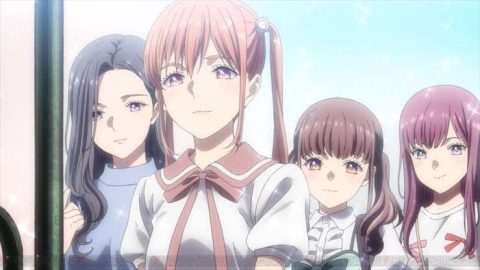
Although slightly different from "oshi," some fans are known as "DD." "DD" stands for "everyone loves me," meaning they don't support a specific idol, but rather are fans of any idol. This is a different type of fandom from "box oshi," and it seems they aren't particularly welcome.
Summary of the Meaning of Oshi

So far, what do you think of this introduction to oshi? There are so many different types of oshi, it can get confusing, but the main character, Eripyo, is a staunch supporter of Maina, so it should be easy to understand even when watching the anime. Be sure to also pay attention to which characters are their favorites while watching the anime!

